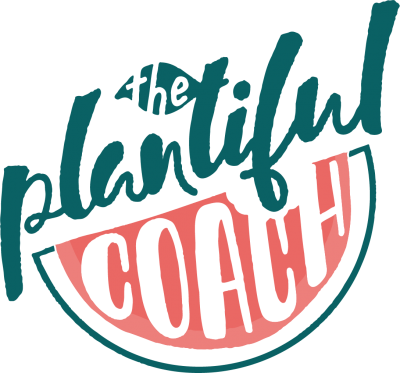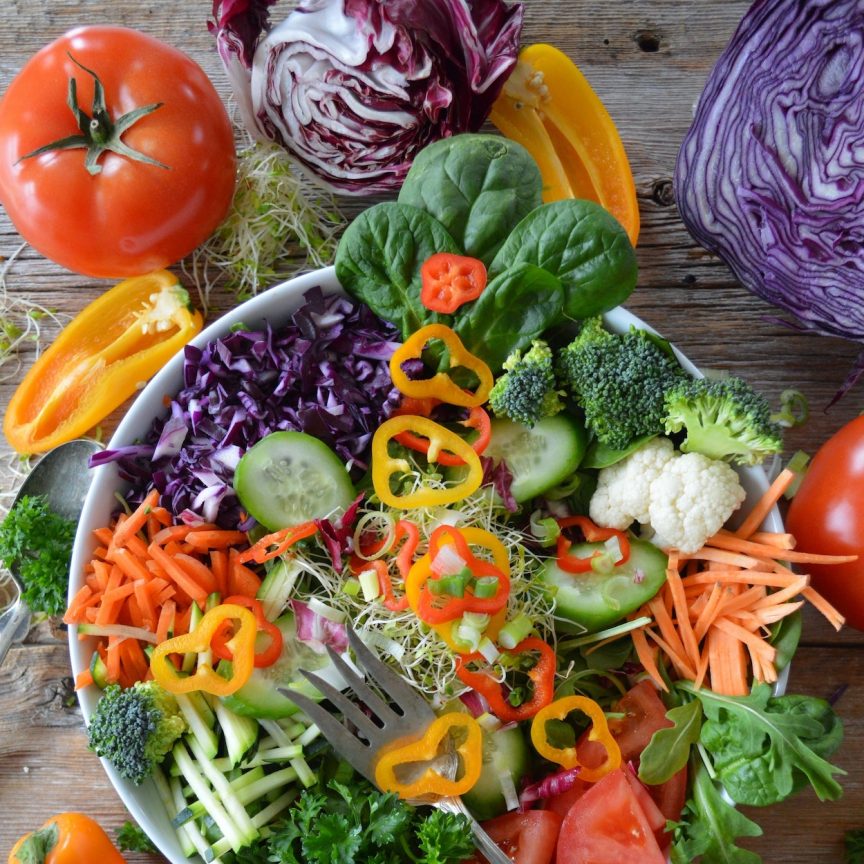A star of the beauty industry and the subject of recent bone both trends, collagen has become all the rage as a ‘must-have’ part of a supplementing regime to ensure strong nails, shiny hair, youthful skin. But is it necessary to supplement it? You might have realised that it’s not something that folks on a plant-based diet typically supplement, for the simple reason that it’s an animal product.
What is collagen?
Collagen is a structural protein in connective tissue such as our skin, nails, hair tendons, ligaments, bones, muscles, blood vessels, organs and intestinal lining. It’s the most abundant protein in our bodies, synthesised naturally from the amino acids, vitamins and minerals in the food we eat. If our collagen production declines (which occurs naturally with age), our skin becomes less elastic, hair and nails more brittle, and our ligaments less flexible. Of course, collagen is a sought-after ingredient in health supplements and beauty products, from powders and creams to bone broths and shakes.
Where does supplemental collagen come from?
Because collagen is literally the protein in connective tissue, the only way to consume collagen directly is from the connective tissue of animals, i.e. their bones, tendons, nails etc. Bone broth is just bones boiled in water: the collagen in the bones seeps into the water, becoming gelatine (the stuff that’s used to thicken and set liquids into solid form, like gummy sweets). The collagen powder that you’ll find in supplements such as shakes and pills is basically just gelatine, or hydrolysed collagen, which dissolves easily in water. But, it’s still made from animals.
How can we boost collagen on a vegan diet?
The big question: if supplemental collagen is all animal-based, how do you boost your collagen if you’re vegan? Fortunately, we don’t need to add bones to our smoothies. The cool thing about a plant-based diet is that it can be a rich source of the amino acids and nutrients needed to form collagen. So if we consume plant-based foods that contain the necessary amino acids (glycine, proline, lysine) and vitamin C (which is necessary for the collagen-forming process), we can give our bodies the support they need to do their thing.
Here are some foods that you can focus on for optimal collagen production:
- rich in glycine, proline and/or lysine (the amino acids that make up collagen): kidney beans, black beans, tofu, tempeh, quinoa, sesame seeds, mustard seeds, peanuts, pumpkin seeds, chia seeds, whole grains, asparagus, cabbage, chives, cucumber
- rich in vitamin C (necessary for the collagen-forming process): citrus fruits, bell peppers, tomatoes, strawberries, broccoli, kale, kiwi, pawpaw
Try out these collagen-boosting meal ideas:
- quinoa, kidney beans, lightly-steamed spinach, raw bell pepper and toasted pumpkin seeds, served with a citrus dressing
- homemade sesame milk, use the leftover sesame pulp to make a variation on mixed seed crackers
- tofu with whole grains of your choice, broccoli and wholegrain mustard
Bon appétit!


Comments
Great ideas!